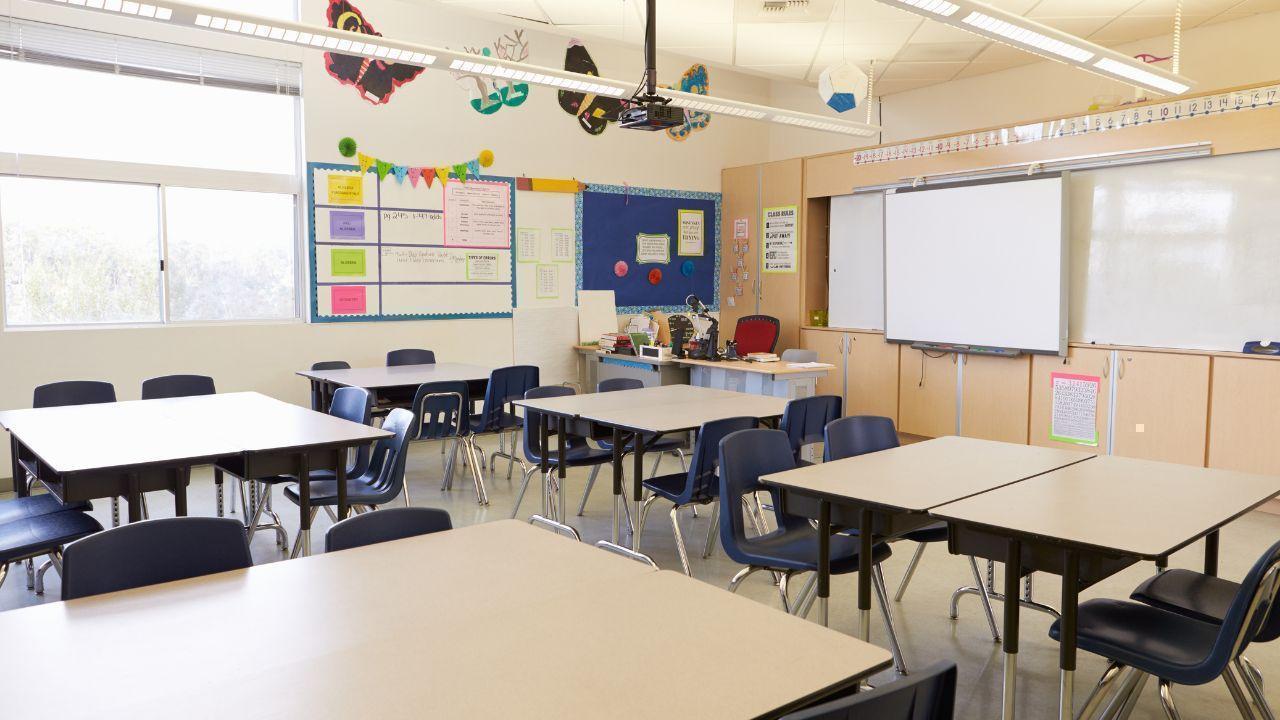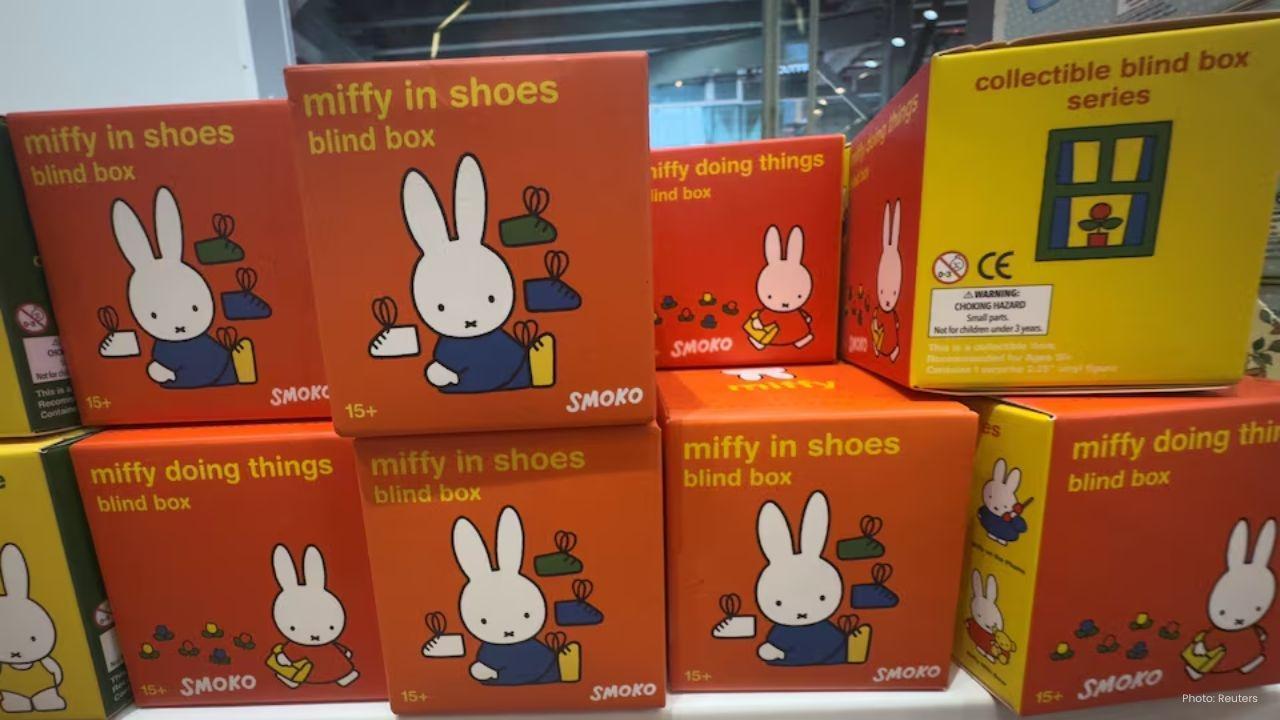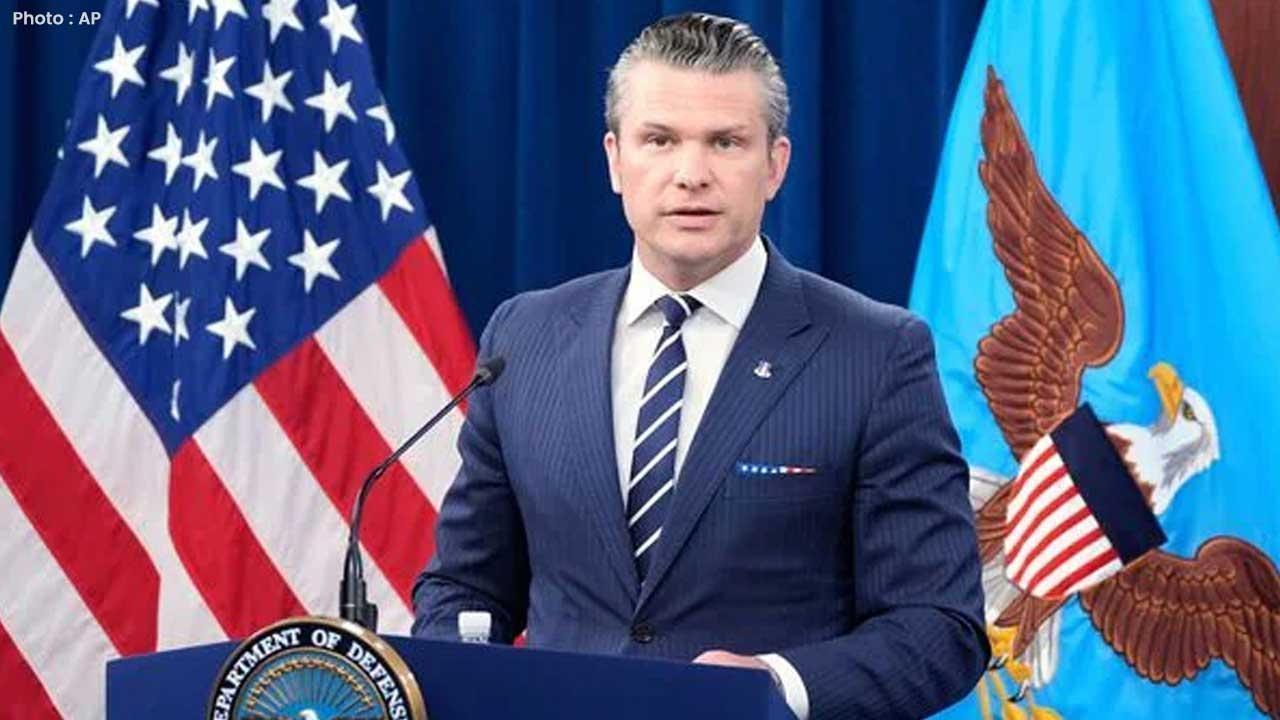
Post by : Vansh
Education is changing in a big way. New technology and new ideas are helping students learn better. Around the world, old-style classrooms with blackboards and wooden desks are being replaced by digital desks and smart boards. These new tools help students learn both in classrooms and at home. In 2025, this change is becoming more common, and it is changing how teachers teach and how students learn.
This article will explain how education is changing around the world, what it means for students and teachers, and what we might see in the future.
In the past, students used pencils, paper, and blackboards. Now, many classrooms use digital desks. These are special tables or screens that students can touch and use like a tablet or computer.
With digital desks, students can:
Watch videos to learn
Take quizzes quickly
Share work with classmates
Work together in real time
Use learning apps and tools from the internet
Digital desks make learning more fun and interesting. They are great for students who like to see and touch things while they learn. These desks help teachers too. Teachers can see how well each student is doing, give feedback right away, and change the lesson if needed. This helps everyone learn better and faster.
Smart boards are also becoming popular in classrooms. They are like big tablets that hang on the wall. Teachers can write on them, show videos, and connect to the internet. Smart boards are now replacing blackboards and projectors.
With smart boards, teachers can:
Show lessons using pictures and videos
Ask questions and do live quizzes
Record lessons for students to watch later
Use fun learning tools and games
Smart boards help students understand hard topics more easily. They also help teachers save time by keeping everything in one place.
EdTech, or educational technology, includes tools like digital desks and smart boards. These tools are not just used in rich countries—they are helping schools everywhere, even in poor or far-away places.
Thanks to phones, tablets, and online learning, many students now have better access to education. Governments and schools are working hard to:
Build better internet for schools
Train teachers to use technology
Give students access to devices
Students now use:
Virtual classrooms and online teachers
Learning groups with students from other countries
Online books and free lessons
Smart learning tools like AI helpers
Fun apps that teach through games
This helps fix problems like long travel to school, lack of teachers, or not enough books. Education is becoming more fair for everyone.
The future of global education is all about being flexible and ready for change. Digital desks and smart boards are just part of it. Schools also want students to learn important life skills like teamwork, creativity, computer skills, and how to solve problems.
In 2025, learning is not just in the classroom. Students can learn at home or even while traveling. Old ways of teaching everyone the same thing at the same time are going away. New systems help each student learn in their own way and at their own speed.
To make this work, schools and governments are:
Training teachers to teach with technology
Giving students devices and internet access
Making sure lessons match school goals
Protecting student data and privacy
Creating content that is fair for all cultures
Even though technology is helpful, there are still some problems:
New tech tools can be expensive
Some schools don’t have good internet or devices
Teachers need training to use new tools
Privacy and safety online are concerns
Some people worry about using too much technology
To fix these problems, schools need smart planning, money, support from the government, and a good balance between tech and human connection.
The information presented in this article is for general knowledge and educational purposes only. While every effort has been made to ensure accuracy, DXB News Network does not take responsibility for any decisions made based on this content. Readers are encouraged to conduct further research or consult professionals for specific guidance.










Pageau's Overtime Goal Propels Islanders to 4-3 Victory Over Golden Knights
In a thrilling overtime finish, Jean-Gabriel Pageau leads the Islanders past the Golden Knights 4-3,

MLB Awards: deGrom and Acuna Jr. Shine as Comeback Players
Jacob deGrom and Ronald Acuna Jr. celebrated MLB Comeback Player Awards, alongside Ohtani and Judge

Portugal Confronts Ireland in Pivotal World Cup Qualifier
Portugal, led by Cristiano Ronaldo, faces Ireland in a vital Group F World Cup qualifier that could

Haaland's Brilliance Leads Norway to 4-1 Victory Against Estonia
Erling Haaland showcases leadership as Norway crushes Estonia 4-1, boosting their World Cup ambition

Hawks Triumph Over Jazz; Suns and Raptors Secure Victories
Hawks' Onyeka Okongwu and Jalen Johnson lead in a thrilling win against Jazz; Suns and Raptors also

Indian Men's Recurve Team Clinches First Asian Gold in Nearly Two Decades
The Indian men's recurve team triumphed over South Korea, securing their first Asian gold in 18 year